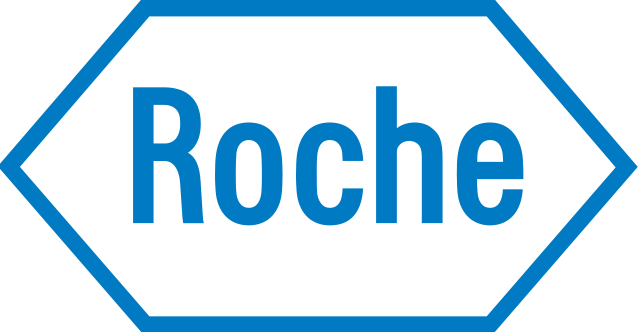What’s your background?
My background is in Biotechnology. I studied biotechnology, chemistry and botany for my undergrad and then for my masters I chose biotechnology. I started learning programming during my masters dissertation, which helped me change my fields from biotechnology to systems biology for my PhD.
Why did you move away from academia?
There are very few academic positions to accommodate a lot of people. Academia was not designed to assimilate so many PhDs. Therefore, the growth in academia can be a little slow but once you get a tenure position it is a stable and fulfilling career option. Industry, however, offers a fast paced career and broader range of opportunities.
Is there anything you miss about academia?
I don’t miss anything yet. The environment is very similar as I am still in the research and development sector of pharma.
How did you get this job? Did you face any challenges when considering a move away from academia or applying for the role?
It took me some years to get this role. The biggest challenge is that people want to see experience in the industry, but unless you get a job in the industry, how would you get experience? Thus, I started with a contract role and then moved to a permanent position.
What motivated you to/why did you choose the sector you transitioned into?
I am passionate about working in healthcare, so choosing the pharmaceutical industry was easy.
Did you think you had the skills required for your current position before you started? Were you right?
I had some skills required for the role, and the rest I learned on the job. I believe if you have 40 to 50% of the skills required for a job opening, then you should apply for it, and the rest of the skills you’ll learn on the job. If you have all the skills required for a job, then you are overqualified for the role; look for a higher position.
How did your .D.Ph.D. prepare you for your current job? For example, what were the transferable skills that you developed during your Ph.D. that are most relevant to your current job?
The most important skill one acquires during a Ph.D. is the ability to learn fast, and I think that is a skill that is relevant in any job in any industry. Other important skills are effective communication, self-motivation, and independent creative thinking.
Have you built a network before your transition to the industry? How it helped you in the process?
Yes, I prioritized network building during and after my Ph.D. because I think it is the biggest propellant in your career growth. My network helped me understand different industries, find relevant opportunities, and overcome difficult times.
Do you have Mentors who helped you in making the right career decisions?
Yes, I have mentors who have helped me all along my career from when I was doing my BSc to now. I owe everything that I have been able to do so far to my mentors.
Did you have any preconceptions about your sector that proved to be wrong?
I thought the pharmaceutical industry has very cut-throat competition and that people do not care about other people, but I was completely wrong. I have only met good and helpful people so far.
Can you describe a typical week in your job?
My work mostly involves analyzing, and visualizing NGS data. I also help in designing experiments for various questions people are working on. Then once a week, there are meetings with managers and peers to discuss any issues, questions, or progress.
What is the workplace culture like? Please include comments on work-life balance, flexibility, and remote working.
I really like the culture at my company. There is a good work-life balance, and people are very flexible and inclusive. Things are going back to pre-covid normal, so we have started going back to the office but still, most of the time, we work remotely,
Do people with a Ph.D. frequently get hired in the company/sector?
Yes, my team is full of PhDs.
What are your favorite parts of your job?
The career growth opportunities and breadth of skills I can acquire are the top things I like about my job.
What are your reflections on your career path?
When I look back, I realize I never thought I would end up where I am today. I always wanted to be a scientist, but I had no idea how I would do that, and that is the reason I give so much credit to my mentors, who showed me the path whenever I was in doubt.
Do you have any advice for current graduate students and postdocs considering a career outside of academia?
I would say you are not alone and start reaching out to people now. Even if you are not sure if you want to leave academia or not, there is no harm in getting perspective; it will only help you make a decision. The only most important thing is time, so start taking small steps now and the best way to start is to reach out to people and ask questions.
What do you know now that you wish you’d known when exploring a transition?
I wish I had known that it is not as difficult as it seems once you start the process. Do not spend time thinking about it; start talking to the right people.
Can you recommend any relevant resources, organizations, or events that might help somebody new to the sector find out more about it?
The best resource would be your network. So, start building one by contacting people on linkedin or approaching your teachers and seniors. There are conferences happening around the globe, all year around, that can help you see what people are doing and who these people are. People from academia and industry both attend conferences and this makes these conferences the best places to network and learn about a field. A lot of conferences are now virtual which has made it even more convenient for



